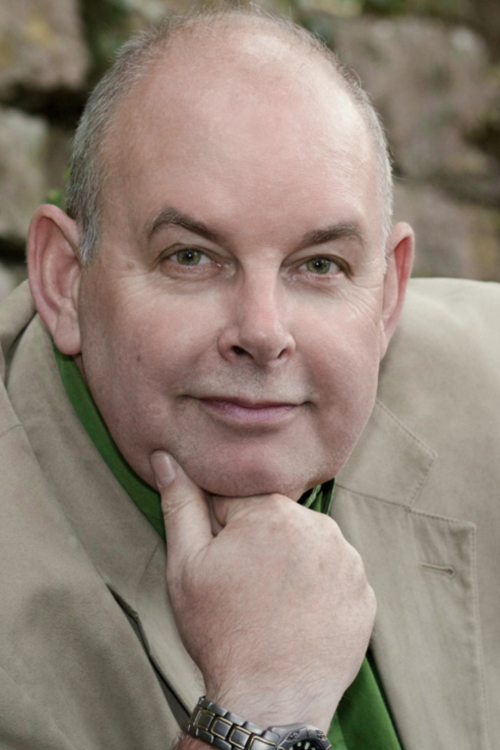Steven Foster, master herbalist and photographer, dies
The late Steven Foster is the man behind a half-century legacy of bringing out the beauty in botanicals.
A legendary, prolific and self-taught photographer and botanical master, Steven Foster died suddenly on Jan. 17 at his home in Eureka Springs, Arkansas. He was 64.
For nearly half a century, Foster’s photographs have graced the covers of many books and magazine covers on herbalism and plants.
“Steven Foster didn’t just take pictures of plants. He made portraits of them,” said Erik Goldman, editor-in-chief, Holistic Primary Care. “His photographs captured not only their morphology but also their essence and mystery.”
Foster’s contributions to modern herbal culture are many. He was one of the first people to help popularize the herb echinacea, having written the first book on echinacea, “Echinacea: Nature’s Immune Enhancer” (Healing Arts Press, 1991), since Eclectic pharmacist and author John Uri Lloyd’s treatise on echinacea in 1917. At one time in his career, some colleagues even called him “Mr. Echinacea.”
“Steven was one of the most brilliant people in the entire American and international herb community,” said Mark Blumenthal, founder and executive director of the American Botanical Council, where Foster was a longtime contributor to its publications and sat on its board of trustees. “The author or co-author of 19 books and hundreds of articles, and a true master of the herbal literature, especially the Eclectic medical literature of the late 19th and early 20th century, Steven was also a renowned photographer of herbs and medicinal plants with an eye for beauty in every leaf and flower. He was unparalleled in the global botanical community.”
The ABC has set up a tribute page on its site that includes photographs, book selections, remembrances and more.
His near-view photographs have given his work unmistakable authorship and been widely disseminated throughout the industry for years.
“Stephen was an incredible photographer. He was the first person you would think of if you wanted the best images of botanicals,” said Karen E. Todd, vice president of global brand marketing for Kyowa Hakko USA. “The beauty he captured from behind his lens will live on through his mastery.”
“As an art director at New Hope Network,” said Nancy Volk McLaughlin, “Steven Foster was my go-to guy because of his beautiful collection of medicinal photography in a world of generic microstock photos.”
Blumenthal noted how vital was Foster’s work to the stories the ABC tells through its HerbalGram publication as well as books and other magazine articles. The ABC published literally thousands of Foster’s photos.
“Steven was an integral part of ABC even before ABC was founded in 1988,” said Blumenthal, “If you have enjoyed the beautifully compelling four-color photography in each issue of HerbalGram, you can usually thank Steven for the photos.”
He started his career in 1974 at the Sabbathday Lake, Maine, Shaker’s Herb Department—America’s oldest herb business dating to 1799. A self-taught botanist, and without any higher education in either botany or for that matter photography, Foster set himself apart from both pursuits as an instant master. The Shakers have an extraordinary history as skilled herbalists from the very beginnings of American history.
“His knowledge and memory of the botanical literature was almost photographic, and he had a beautifully eloquent way to explain and communicate his herbal wisdom,” said Loren Israelsen, president of the United Natural Products Alliance. “Many of you never had the chance to meet him, but whenever you see his photographs or read one of his books or articles, you are in the presence of Steven Foster.”
About the Author
You May Also Like

